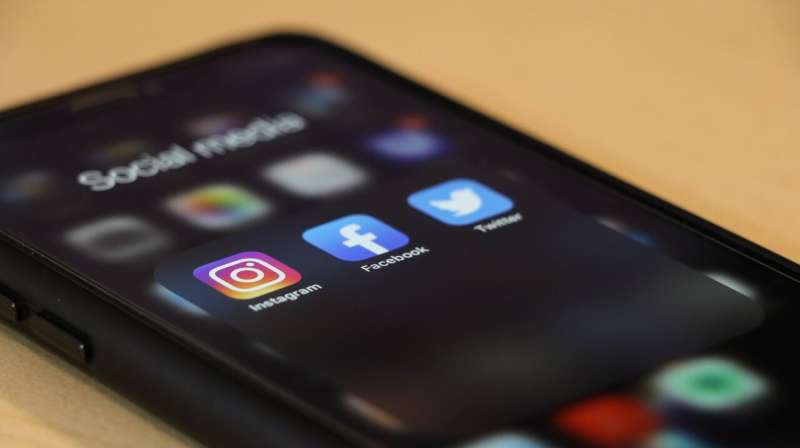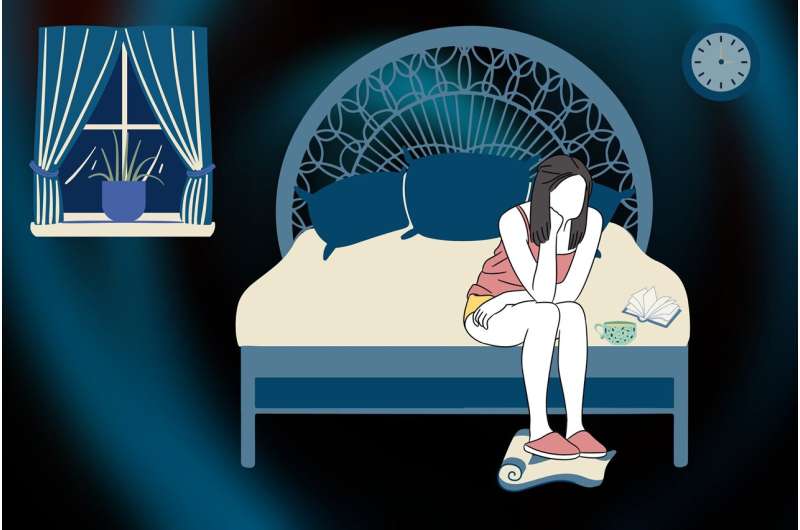Navigating Dating Challenges for Autistic Individuals and Strategies for Success

Discover the unique challenges autistic individuals face in the world of dating and learn effective strategies to foster meaningful relationships amidst social and sensory hurdles. Source: https://medicalxpress.com/news/2025-07-dating-tough-autistic-people-easier.html
Modern dating can be overwhelming for many, with its mix of social rules, fleeting norms, and high-pressure situations. For autistic individuals, these challenges are often compounded by sensory sensitivities, communication differences, and social exhaustion. Loud venues, ambiguous body language, and the constant need to adapt can turn what should be an enjoyable experience into an exhausting ordeal.
Autism influences how people perceive and engage with the world. It impacts communication, relationship-building, and interpreting social cues. A common misconception is that autistic individuals lack empathy or struggle with communication. However, the "double empathy problem," a theory by Damian Milton, suggests misunderstandings arise from contrasting perspectives between autistic and non-autistic people, highlighting that communication difficulties aren’t solely on one side.
Research indicates that autistic people tend to communicate effectively with fellow neurodivergent individuals, often finding it easier to connect within their own community. This mutual understanding can facilitate dating within the neurodivergent population. Nonetheless, attraction and personal preferences add layers of complexity.
Traditional social settings like restaurants or bars may be overstimulating, causing sensory overload and fatigue. Navigating social interactions in unfamiliar environments, managing routines, and dealing with societal stigma or stigma-based harassment can be particularly discouraging.
Online dating platforms can offer a more controlled environment, allowing users to set preferences, plan responses, and reduce immediate social pressure. These platforms can be especially useful for autistic individuals who find face-to-face interactions daunting or overwhelming. However, many mainstream dating apps are designed around neurotypical expectations, making it difficult for autistic users to present themselves authentically or meet unspoken social norms.
Specialized platforms, such as Mattr or Hiki, cater specifically to neurodivergent communities but often require premium subscriptions, which can create financial barriers for some users. For LGBTQ+ autistic individuals or those exploring alternative relationship structures, the challenges can be even more pronounced.
To improve the dating experience, autistic advocates recommend practical strategies:
- Clearly communicate your preferences and boundaries.
- Seek connections where you can be authentic without feeling the need to mask.
- Avoid applying generic dating advice that assumes uniform ways of thinking and communicating.
- Remember that rejection is often not personal.
Deciding whether to disclose an autism diagnosis is highly personal. While some fear judgment or misunderstanding, honesty and neurodiversity-affirming language can foster understanding and acceptance from potential partners.
Research on autism and dating remains limited, underscoring the need for further exploration to develop tailored resources and support systems. Despite these hurdles, many autistic individuals successfully cultivate meaningful relationships by challenging conventional dating norms and creating their own pathways to love.
Stay Updated with Mia's Feed
Get the latest health & wellness insights delivered straight to your inbox.
Related Articles
Out-of-Body Experiences as Coping Mechanisms for Trauma and Stress
New research suggests that out-of-body experiences may be psychological coping mechanisms tied to trauma and stress, offering a fresh perspective on their role in mental health.
How Social Media Supports Healing for Abuse Survivors
Recent research shows social media can be a vital resource for abuse survivors, providing safe spaces, community, and support for healing and recovery. Learn how online platforms help vulnerable youth cope and seek help.
Psychological Factors Play a Crucial Role in Heart Health and Address Racial Disparities
Emerging research highlights the critical role of mental and emotional well-being in cardiovascular health, emphasizing how positive psychological factors can reduce racial disparities and improve heart outcomes.
Exploring the Interconnection Between Sleep Patterns and Mental Health
Discover how sleep and mental health influence each other, and explore effective strategies to improve sleep hygiene for better emotional well-being.



